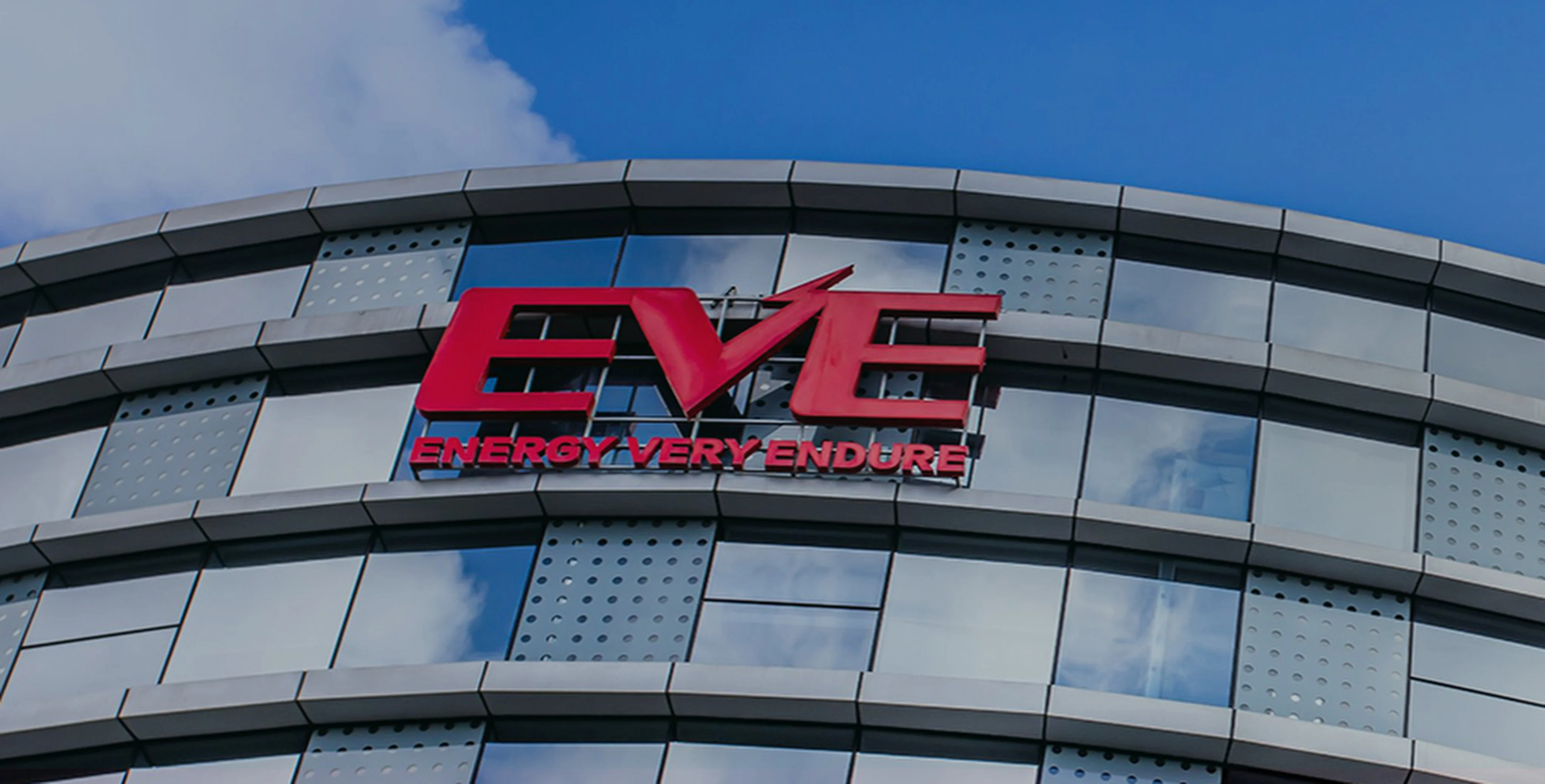By Daniel Ren
Eve Energy, China’s fifth-largest producer of electric vehicle (EV) batteries, unveiled plans to build its second factory in Malaysia, three weeks after it decided to raise funds with a share offering on the Hong Kong stock exchange.
The Shenzhen-listed company said in an exchange filing over the weekend that the plant, to be based in Kulim, in the northern state of Kedah, would cost 8.65 billion yuan (US$1.2 billion) and take up to two and a half years to complete. The production capacity for the factory, which would manufacture batteries for energy-storage systems, was not revealed.
Proceeds from the share offering and loans from banks or other institutions would be used to fund the project, the company added.
“The project will propel expansion of the company’s overseas businesses and meet the growing global demand for energy storage,” the filing said. “The plant will help mitigate risks arising from escalating international trade frictions and spur our business growth.”
The new plan is subject to approval by Chinese and Malaysian authorities.
On June 9, Eve, based in Huizhou in China’s southern Guangdong province, said its board endorsed a Hong Kong listing plan aimed at bolstering its international expansion, but details about the share offering were still in the works.
According to Seoul-based consultancy SNE Research, Eve had a 2.7 per cent share of the global market for EV batteries in the first four months of 2025.
The company reported an underlying net profit of 3.2 billion yuan in 2024, up 14.8 per cent from a year earlier. Revenue slipped 0.4 per cent to 48.6 billion yuan.
Six of the world’s top 10 EV battery producers are Chinese firms, and they control nearly 70 per cent of the global market, according to data from SNE.
But so far most of their products – batteries for EVs and for energy storage – are sold on the mainland.
“Chinese-made batteries are in high demand around the world because of their advantage in production cost,” said Davis Zhang, a -senior executive at Suzhou Hazard–tex, a supplier of specialised batteries. “Southeast Asia is a key market where they look to add capacity.”
China’s major battery makers focus on lithium-iron phosphate technology, a type of lithium-ion technology that is 30 per cent cheaper to produce than the nickel-cobalt-manganese type, which has been widely adopted outside mainland China, Zhang said.
Eve’s first plant in Malaysia, also based in Kulim, started making cylindrical batteries for power tools and e-bikes earlier this year.
With its Hong Kong listing plan, the company joined more than a dozen smart-mobility companies from the mainland aiming to raise funds in the city. The list includes car assemblers Chery Automobile and Seres Group, component suppliers like lidar sensor maker Hesai and providers of autonomous-driving technology like Pony.ai.
Contemporary Amperex Technology (CATL), the world’s largest EV battery producer with more than 38 per cent of the global market, raised US$5.22 billion last month in the world’s largest initial public offering (IPO) this year, which vaulted Hong Kong to the top of the global IPO league table.
CATL said the proceeds would be used to build factories in -overseas markets, which accounted for 30 per cent of its total revenue.
